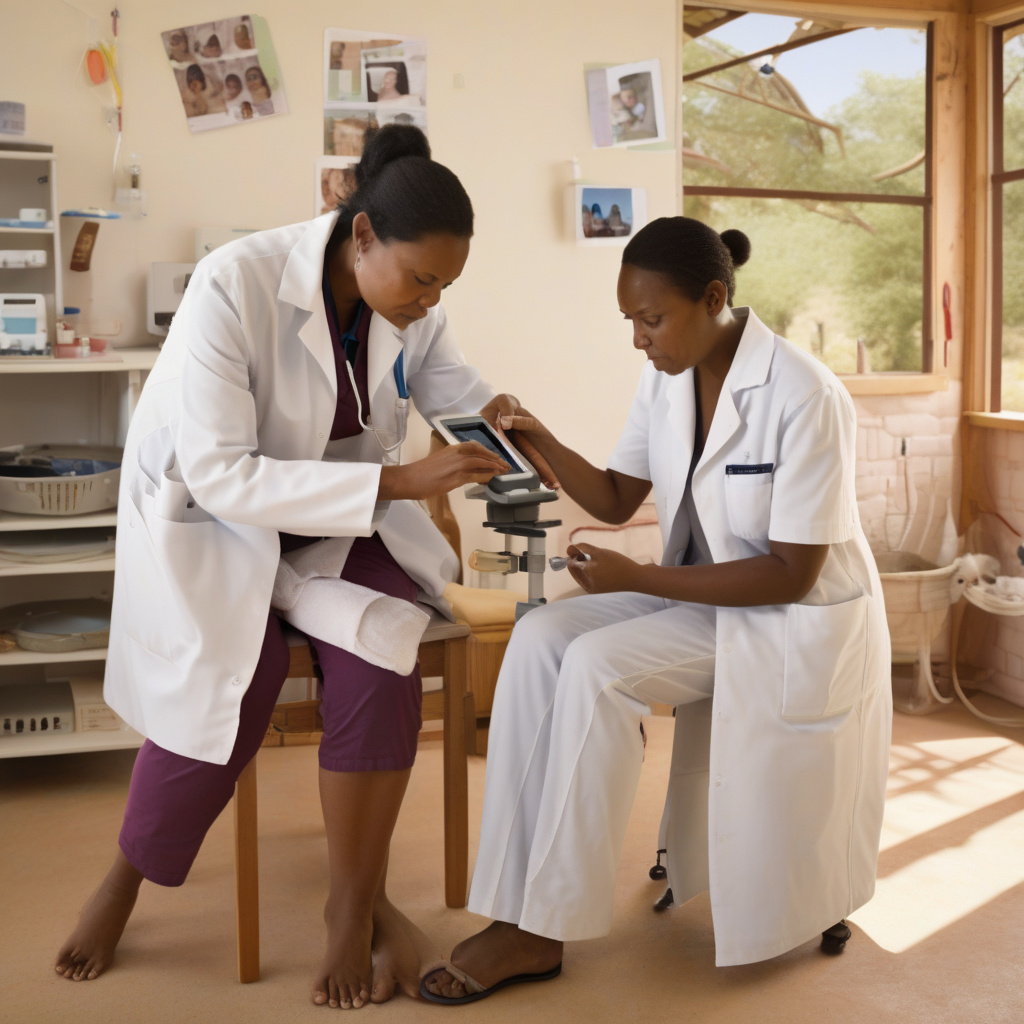Revolutionizing Skin Cancer Diagnosis: AI Device Brings Early Detection to Remote Areas
In the realm of healthcare, early detection is often the key to successful treatment outcomes. This is especially true for skin cancer, where timely intervention can significantly impact a patient’s prognosis. However, accessing timely diagnosis and treatment can be a significant challenge for individuals living in remote or underserved communities. The lack of infrastructure, resources, and healthcare professionals in these areas can result in delayed diagnosis and poorer health outcomes for patients.
Recognizing this gap in healthcare accessibility, a groundbreaking new AI device has emerged to bring early skin cancer diagnosis to remote communities. This innovative system provides vital support for patients who are unable to travel long distances to seek medical attention. By simply taking a photo of the suspicious skin lesion, this device can perform an analysis and provide an early diagnosis, all without the need for an internet connection.
The implications of this technology are profound. In remote areas where access to healthcare services is limited, the AI device serves as a lifeline, offering a means for individuals to receive timely and accurate skin cancer screenings. By enabling early detection, this device has the potential to save lives and improve health outcomes for countless individuals who would otherwise face barriers to accessing traditional healthcare services.
Moreover, the convenience and ease of use of this AI device make it a game-changer in the field of dermatology. Patients can take a quick photo of their skin concern, upload it to the device, and receive a prompt evaluation. This streamlined process not only saves time but also empowers individuals to take control of their health and seek medical attention proactively.
Beyond its impact on individual patients, the AI device also has broader implications for public health. By facilitating early skin cancer diagnosis in remote communities, the device helps to prevent the progression of the disease and reduce the burden on healthcare systems. Timely identification of skin cancer cases can lead to more effective treatment strategies, ultimately lowering healthcare costs and improving overall health outcomes for communities at large.
As with any emerging technology, there may be challenges and limitations to consider. Ensuring the accuracy and reliability of the AI device’s diagnostic capabilities will be paramount to its success. Collaborating with healthcare professionals and integrating the device into existing healthcare systems will be crucial steps in maximizing its impact and reach.
In conclusion, the advent of this AI device marks a significant advancement in the field of healthcare accessibility, particularly for individuals living in remote communities. By providing a means for early skin cancer diagnosis without the need for extensive travel or internet connectivity, this device has the potential to revolutionize the way we approach healthcare delivery in underserved areas. As we continue to harness the power of technology for the betterment of public health, innovations like this AI device pave the way for a more equitable and effective healthcare system for all.
skin cancer, early detection, AI device, remote communities, healthcare accessibility
